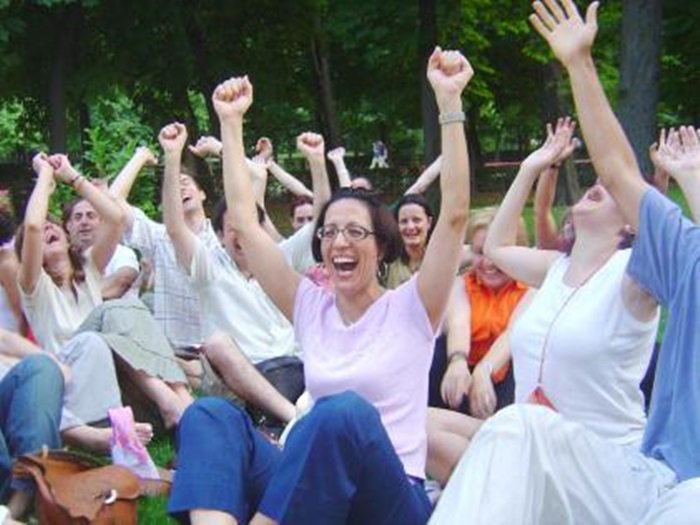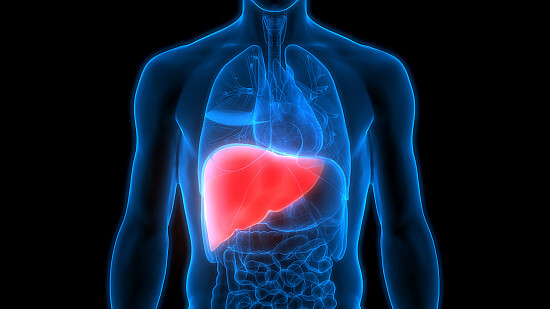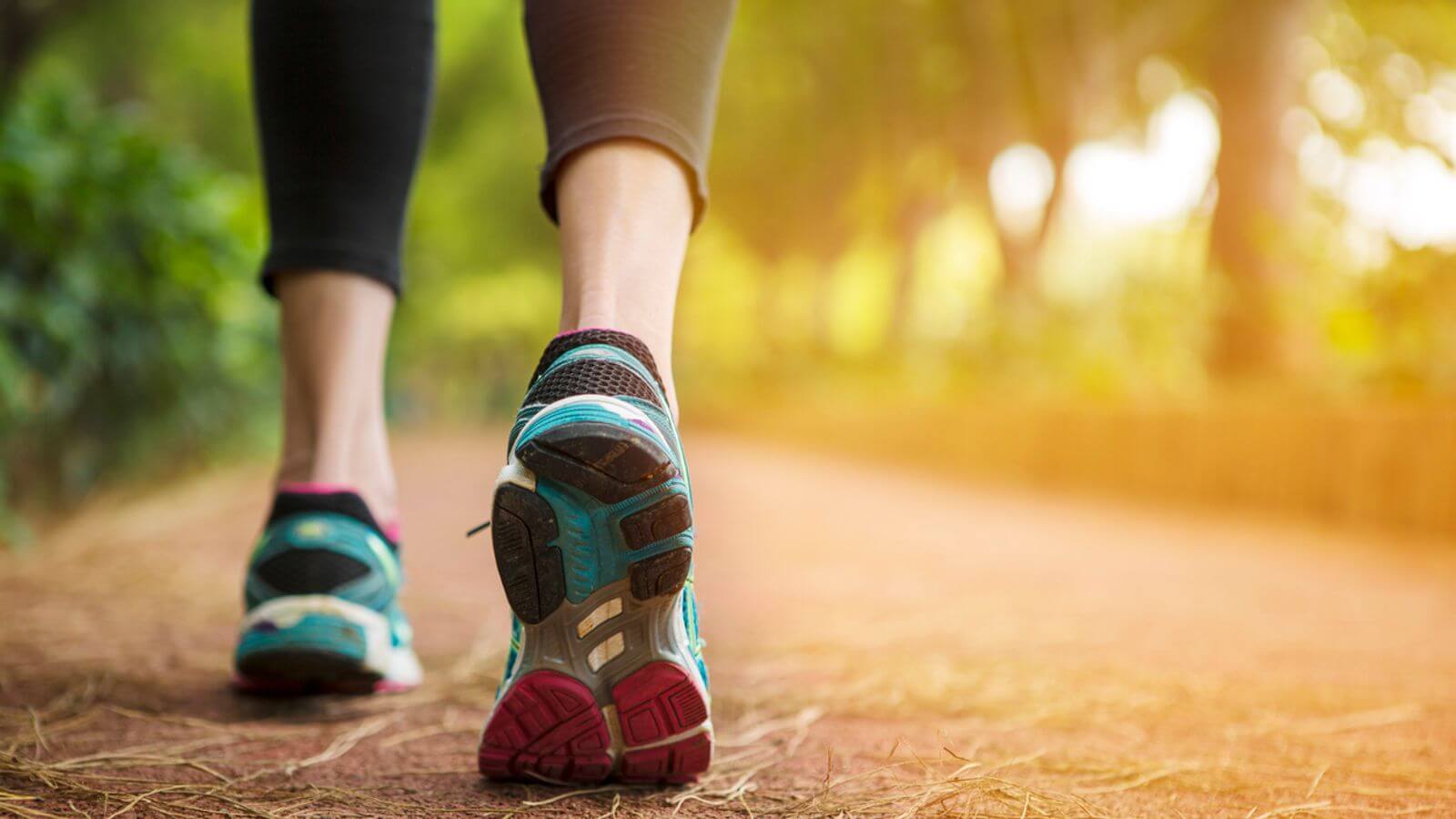Laughter with exercise may boost health in older adults:study
Sat 17 Sep 2016, 12:05:58
Incorporating laughter into a physical activity programme may improve older adult's mental health, aerobic endurance and confidence in their ability to exercise, according to a new study.
In the study, led by researchers from Georgia State University in the US, older adults residing in four assisted-living facilities participated in a moderate-intensity group exercise programme called LaughActive.LaughActive incorporates playful simulated laughter into a strength, balance and flexibility workout.
In simulated laughter exercises, participants initially choose to laugh and go through the motions of laughing. The exercises facilitate eye contact and playful behaviours with other participants, which generally transition the laughter from simulated to genuine.
Simulated laughter techniques are based on knowledge that the body cannot distinguish between genuine laughter that might result from humour and laughter that is self-initiated as bodily exercise.Both forms of laughter elicit health benefits, researchers said. For six weeks, study participants attended two 45-minute physical activity sessions per week that included eight to 10 laughter exercises lasting 30 to 60 seconds each.
A laughter exercise was typically incorporated into the workout routine after every two to four strength, balance and flexibility
exercises.
exercises.
Because laughter is scientifically demonstrated to strengthen and relax muscles, the laughter exercises often involved physicality in the muscles being worked in strength, balance and flexibility exercises to prepare the body for exercise and help it recover.
The study found significant improvements among participants in mental health, aerobic endurance and outcome expectations for exercise (for example, perceived benefit of exercise participation), based on assessments completed by the participants.
When surveyed about their satisfaction with the programme, 96.2 per cent found laughter to be an enjoyable addition to a traditional exercise programme, 88.9 per cent said laughter helped make exercise more accessible and 88.9 per cent reported the programme enhanced their motivation to participate in other exercise classes or activities.
"The combination of laughter and exercise may influence older adults to begin exercising and to stick with the programme," said lead author Celeste Greene from Georgia State's Gerontology Institute.
"We want to help older adults have a positive experience with exercise, so we developed a physical activity programme that specifically targets exercise enjoyment through laughter," added Greene.
The study appeared in The Gerontologist journal.
No Comments For This Post, Be first to write a Comment.
Most viewed from Health
AIMIM News
Latest Urdu News
Most Viewed
May 26, 2020
Do you think Canada-India relations will improve under New PM Mark Carney?
Latest Videos View All
Like Us
Home
About Us
Advertise With Us
All Polls
Epaper Archives
Privacy Policy
Contact Us
Download Etemaad App
© 2025 Etemaad Daily News, All Rights Reserved.
































